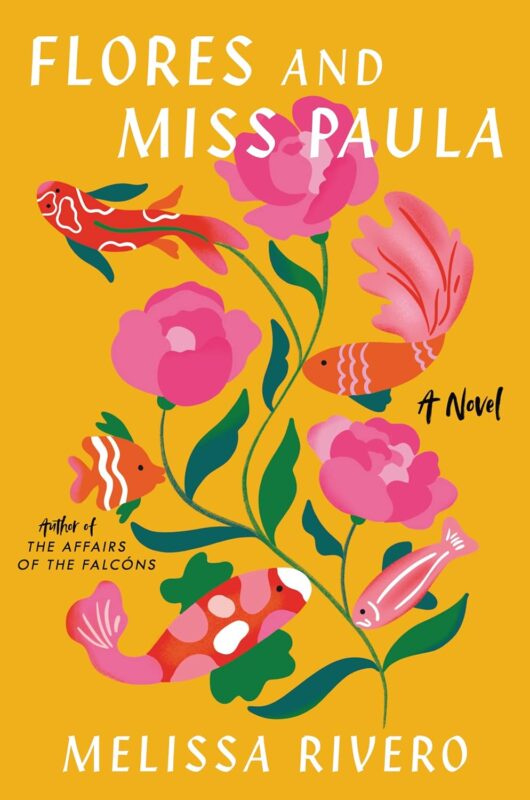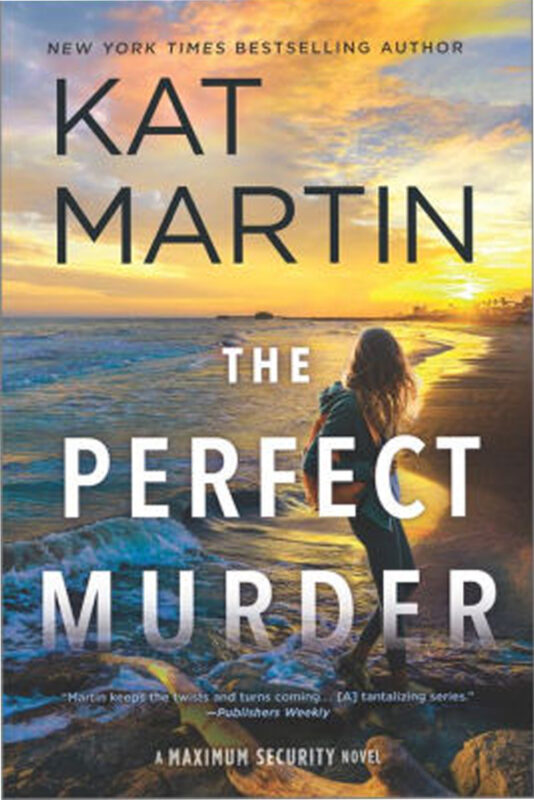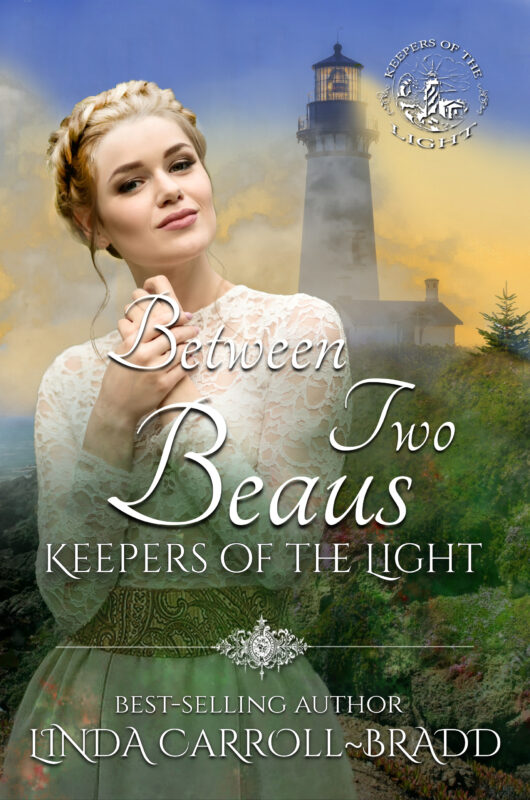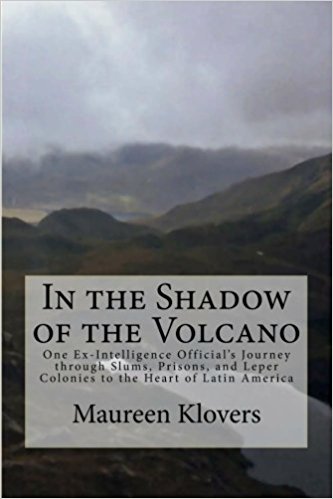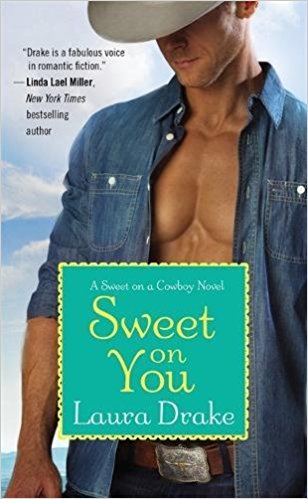Writers Make Amazing Teachers to Both Writers and Readers
October 12, 2020 by Denise M. Colby in category The Writing Journey by Denise Colby tagged as Denise M. Colby, Marketing for Authors, Motivation, Teaching, writer skillsI truly believe that writers make amazing teachers. I could not have gotten this far in my writing journey without my wonderful writer friends teaching me what they know.

When I first started, I had no idea how much tie in there was between writing and teaching. Well, I sort of did. I remember sitting at my first OCCRWA meeting and taking in everything the speakers were saying. I had so much to learn. And these speakers were experts. I remember thinking to myself, “I would love to someday know as much as them, so I could share like they do, but I know nothing about this industry and writing a novel.” And I felt like I would never know what I needed to know.
Fast forward eight years later and I’m now the one in front of a room and teaching. Who knew! And who knew how valuable us writers are to teach what we’ve learned and share it with our fellow writers.
How are writers amazing teachers?
Wikipedia defines a teacher as the following: A teacher (also called a school teacher or, in some contexts, an educator) is a person who helps students to acquire knowledge, competence or virtue. Informally the role of teacher may be taken on by anyone (e.g. when showing a colleague how to perform a specific task).
We, my dear writer friends, are all colleagues showing one another how to perform tasks!
As I thought on this topic further, I came to the realization that us writers teach to two different groups.
1. To other writers.
2. To our readers.
Writers love to help other writers
Let’s talk about other writers. If you are part of a critique group or have ever judged a contest, you are in some form or fashion, teaching. You provide feedback and make suggestions. You are helping another writer learn how to make their manuscript better. You are taking your experiences and sharing them with other writers.
This is yet another way writers make amazing teachers.
I have been blessed with so many writers who have offered their input and suggestions throughout the years, either through contests or from the many different organizations I’m a part of. This is either by being the main speaker at meetings or conferences, or in a table discussion during the lunch break. I have learned many, many, many things from all of it.
This is another way writers are amazing teachers.
And to all my writer friends, you have taught me much!
Again, taking me back to my first meeting, I thought I had to keep my story ideas close to the vest. But that’s not the case. Writers love to talk about stories and there are so many stories out there waiting to still be made up there are not enough days in a year to write them all.
So, as writers, we share. We share ideas, concepts we’ve learned or tried, information we’ve gleaned from a conference, meeting, or blog post. We share encouragement. And we celebrate every single milestone hit by fellow authors. We motivate, innovate, and believe in one another just like the t-shirt says in the photo at the top of this blog!
This is yet another way writers are amazing teachers.
Writers teach readers about places, people and relationships
As writers, we also teach our readers. We research specific locations, jobs, diseases, and disabilities, and we incorporate that research into our books. We look at cultures, relationships, and history and add that in as well. Sometimes readers will not be aware of any of the things we write about and so we are teaching our readers about how other people might live.
Writers are amazing teachers.
We also might inspire our readers to make better choices, be kinder, open their heart to love, or any number of ways people can be inspired. That counts as teaching too.
Just like the t-shirt I recently bought says:
Motivator.
Innovator.
Believer.
Teacher.
We, as writers, are all those things and so much more!
Write-on….amazing teachers, write-on!
I love to encourage and motivate others. Check out a recent blog post here titled Find Motivation to Accomplish Goals, and Hang On To It.
I teach Author Brand and SEO at conferences and meetings. If you’d like to find out more you can go to my Marketing for Authors page on my website.
The Book Review that touched my heart by Jina Bacarr
October 10, 2020 by Jina Bacarr in category Jina’s Book Chat, Writing tagged as author, Boldwood, Boldwood Books, historical fiction, historical romance, Ireland, Queenstown, romance', ship of dreams, stories, story, Titanic, Writer, writingSometimes, you get it right….
When I saw this review of my Titanic love story THE RUNAWAY GIRL, it tugged at my heart.
Yes, it’s a wonderful 5 star review, but more importantly, my story has captured the interest of a young girl who wasn’t much of a reader beforehand.
Amazon Review:
Reviewed in the United States on September 23, 2020
————–
Two women hold the keys to his heart. Only one will survive that fateful night…
When Ava O’Reilly is wrongly accused of stealing from her employer, she has no option but to flee Ireland. The law is after her, and she has only one chance at escape – the Titanic.
Aboard the ship of dreams, she runs straight into the arms of Captain ‘Buck’ Blackthorn, a dashing gentleman gambler who promises to be her protector. He is intrigued by her Irish beauty and manages to disguise her as the maid of his good friend, the lovely Countess of Marbury. Little does he realise, that the Countess is also in love with him.
As the fateful night approaches, tragedy strikes further when Ava is separated from Buck, and must make a daring choice that will change her life forever…
A sweeping historical romance set aboard the Titanic, from the author of Her Lost Love (Christmas Once Again).
Praise for Jina Bacarr:
‘A delightful holiday romance that has all the charm of a classic Christmas movie. Christmas Once Again is perfect for anyone who loves a holiday romance brimming with mistletoe, hope, and what ifs.’ Andie Newton, author of The Girl I Left Behind ‘A breathtaking holiday romance that is sure to stay with you long after reading’
‘A mesmerizing holiday romance that is sure to sweep you off your feet and take you away to another place, another time.’
‘A fabulous book you won’t want to miss’ https://youtu.be/S-33oEM4DlI
THE RUNAWAY GIRL e-book, print and audio book:
This book is incredible a truly remarkable story, Sylvie diary, notes photo's and recordings are inspiring. the real story of glamourous Sylvie Martone has to be solved and told. She will never be forgotten. I loved it

Finish Your Book by Kitty Bucholtz
October 10, 2020 by Kitty Bucholtz in category It's Worth It by Kitty Bucholtz tagged as Kitty Bucholtz, Master Class, Writing Goals
One of the things I’ve noticed about how the pandemic has affected writers is that many have lost their mojo. All the craziness in life has been filtered into a never-ending news stream that is sucking the joy, creativity, and peace from our days. I know a lot of people who haven’t been writing, or not nearly as much as they normally do.
On the other hand, I’ve also talked to quite a few people whose lives have been disrupted to the point that they’ve started thinking about finally writing that book they’ve been dreaming about. They’re just not sure where to start.
These friends and strangers have encouraged me to create a group coaching program to help writers finish their book. Over the course of eight weeks, I work with you to rebuild a foundation for making solid progress on your book. One client finished a book she’d been working on for over 20 years! Another wrote 2 1/2 times his goal during the program. It works. And I’d love to help you or someone you know.
I did a series of webinars last week to give folks some tips on getting back into it, and explaining the program. Check out the replay and let me know if I can help you. At the very least, I hope you get some ideas and energy from listening to me. I’m excited for you to finish your book! You never know, you could write a book and change the world!
Alina K. Field October Featured Author
October 7, 2020 by Alina K. Field in category Featured Author of the Month tagged as Alina K. Field, October Featured Author, Regency Romances
Award winning author Alina K. Field earned a Bachelor of Arts Degree in English and German literature, but her true passion is the much happier world of romance fiction. Though her roots are in the Midwestern U.S., after six very, very, very cold years in Chicago, she moved to Southern California and hasn’t looked back. She shares a midcentury home with her husband, her spunky, blonde, rescued terrier, and the blue-eyed cat who conned his way in for dinner one day and decided the food was too good to leave.
She is the author of several Regency romances, including the 2014 Book Buyer’s Best winner, Rosalyn’s Ring. She is hard at work on her next series of Regency romances, but loves to hear from readers!
Visit Alina
In addition to Quarter Days, Alina’s quarterly column’s on A Slice of Orange, you can visit her at:
Books by Alina K. Field
Zoom and I
October 6, 2020 by Linda O. Johnston in category Pets, Romance & Lots of Suspense by Linda O. Johnston tagged as interviews, Meetings, Sisters in Crime, Zoom
I’m Zooming these days. Oh, not a lot. But when I do, I always think about how convenient it is to participate in various meetings without leaving home.
Last weekend, I joined in a Sisters in Crime, Los Angeles chapter meeting, where author and psychologist Dennis Palumbo was speaking about how to handle writing and your mind these days. Very interesting, especially since I’m always wondering these days where my mind is. Of course, I also wondered that a lot before the pandemic and all the other things going on now began.
I also joined a recent LARA meeting–Los Angeles Romance Authors. And this week I hope to visit a presentation being given by a local independent bookstore. Plus, there are other upcoming chapter meetings of other organizations that I’ll leap into as I learn more about the dates and times.
The thing is, I’m highly untechie. I have to go back and figure out the technological stuff nearly each time. For example, this week I had to play around to turn audio back on, although the video worked fine. Could I start a Zoom meeting on my own? I highly doubt it.
I do like the idea, though, that I don’t have to drive time-consuming distances to get to those meetings.
I don’t like the idea that I can’t see buddies belonging to those organizations in person. But at least this way I get a glimpse of them without putting myself in danger of catching anything I don’t want to.
I’m just glad Zoom is around, to give us possibilities. So–thank you, Zoom!
And hi out there to those of you I know and might otherwise see at some meetings. Hope you’re all doing great… and Zooming along.
~Linda
An Example of Linda Zooming
Some of Linda’s Books
Affiliate Links
A Slice of Orange is an affiliate with some of the booksellers listed on this website, including Barnes & Nobel, Books A Million, iBooks, Kobo, and Smashwords. This means A Slice of Orange may earn a small advertising fee from sales made through the links used on this website. There are reminders of these affiliate links on the pages for individual books.
Search A Slice of Orange
Find a Column
Archives
Featured Books
FLORES AND MISS PAULA
Forgive me if I failed you. Remember that I always loved you.
More info →THE PERFECT MURDER
Reese and his brothers must track down the truth before the body count gets any higher.
More info →IN THE SHADOW OF THE VOLCANO
One Ex-Intelligence Official's Journey through Slums, Prisons, and Leper Colonies to the Heart of Latin America
More info →Newsletter
Contributing Authors
Search A Slice of Orange
Find a Column
Archives
Authors in the Bookstore
- A. E. Decker
- A. J. Scudiere
- A.J. Sidransky
- Abby Collette
- Alanna Lucus
- Albert Marrin
- Alice Duncan
- Alina K. Field
- Alison Green Myers
- Andi Lawrencovna
- Andrew C Raiford
- Angela Pryce
- Aviva Vaughn
- Barbara Ankrum
- Bethlehem Writers Group, LLC
- Carol L. Wright
- Celeste Barclay
- Christina Alexandra
- Christopher D. Ochs
- Claire Davon
- Claire Naden
- Courtnee Turner Hoyle
- Courtney Annicchiarico
- D. Lieber
- Daniel V. Meier Jr.
- Debra Dixon
- Debra H. Goldstein
- Debra Holland
- Dee Ann Palmer
- Denise M. Colby
- Diane Benefiel
- Diane Sismour
- Dianna Sinovic
- DT Krippene
- E.B. Dawson
- Emilie Dallaire
- Emily Brightwell
- Emily PW Murphy
- Fae Rowen
- Faith L. Justice
- Frances Amati
- Geralyn Corcillo
- Glynnis Campbell
- Greg Jolley
- H. O. Charles
- Jaclyn Roché
- Jacqueline Diamond
- Janet Lynn and Will Zeilinger
- Jaya Mehta
- Jeannine Atkins
- Jeff Baird
- Jenna Barwin
- Jenne Kern
- Jennifer D. Bokal
- Jennifer Lyon
- Jerome W. McFadden
- Jill Piscitello
- Jina Bacarr
- Jo A. Hiestand
- Jodi Bogert
- Jolina Petersheim
- Jonathan Maberry
- Joy Allyson
- Judy Duarte
- Justin Murphy
- Justine Davis
- Kat Martin
- Kidd Wadsworth
- Kitty Bucholtz
- Kristy Tate
- Larry Deibert
- Larry Hamilton
- Laura Drake
- Laurie Stevens
- Leslie Knowles
- Li-Ying Lundquist
- Linda Carroll-Bradd
- Linda Lappin
- Linda McLaughlin
- Linda O. Johnston
- Lisa Preston
- Lolo Paige
- Loran Holt
- Lynette M. Burrows
- Lyssa Kay Adams
- Madeline Ash
- Margarita Engle
- Marguerite Quantaine
- Marianne H. Donley
- Mary Castillo
- Maureen Klovers
- Megan Haskell
- Melanie Waterbury
- Melisa Rivero
- Melissa Chambers
- Melodie Winawer
- Meriam Wilhelm
- Mikel J. Wilson
- Mindy Neff
- Monica McCabe
- Nancy Brashear
- Neetu Malik
- Nikki Prince
- Once Upon Anthologies
- Paula Gail Benson
- Penny Reid
- Peter J Barbour
- Priscilla Oliveras
- R. H. Kohno
- Rachel Hailey
- Ralph Hieb
- Ramcy Diek
- Ransom Stephens
- Rebecca Forster
- Renae Wrich
- Roxy Matthews
- Ryder Hunte Clancy
- Sally Paradysz
- Sheila Colón-Bagley
- Simone de Muñoz
- Sophie Barnes
- Susan Kaye Quinn
- Susan Lynn Meyer
- Susan Squires
- T. D. Fox
- Tara C. Allred
- Tara Lain
- Tari Lynn Jewett
- Terri Osburn
- Tracy Reed
- Vera Jane Cook
- Vicki Crum
- Writing Something Romantic
Affiliate Links
A Slice of Orange is an affiliate with some of the booksellers listed on this website, including Barnes & Nobel, Books A Million, iBooks, Kobo, and Smashwords. This means A Slice of Orange may earn a small advertising fee from sales made through the links used on this website. There are reminders of these affiliate links on the pages for individual books.





















































